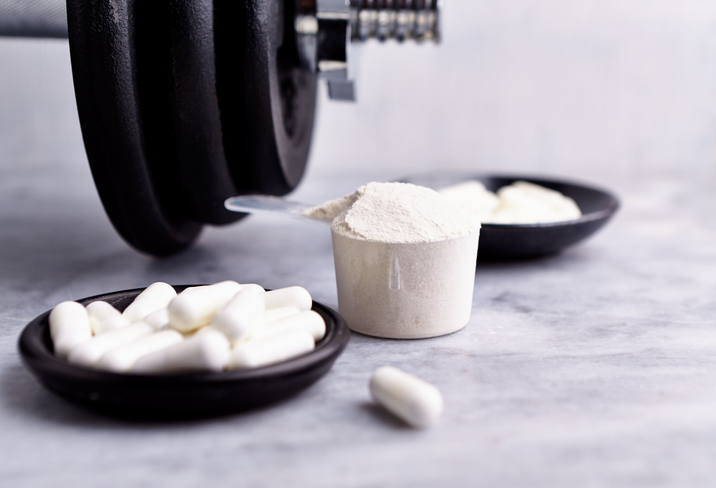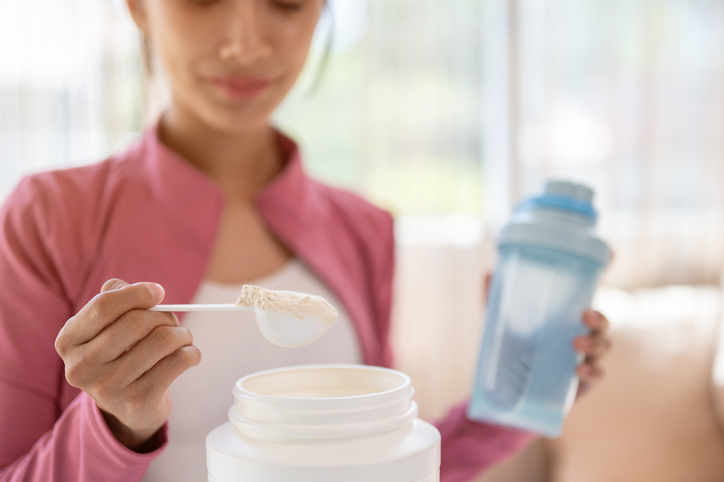It’s a well-known fact that creatine is more popular among men than women, with men benefiting from its advantages such as improved workout performance and muscle growth. If you're a woman, you may be curious about whether creatine supplementation will have the same effects for you and if there are any risks specific to your gender.
Thankfully, creatine monohydrate, the most researched and effective form of creatine, is one of the most extensively studied and scientifically-backed supplements available, as explained by Marie Spano, RD, CSCS, CSSD, a certified specialist in sports dietetics and consulting major league sports dietitian.
Here, we address the safety of creatine for women and provide guidance on how to take it for optimal results.
How Does Creatine Work?

Creatine serves as a fuel source for high-intensity activities like weightlifting and sprinting, particularly during the initial 10 seconds of exercise. This type of activity is governed by the phosphagen system, one of three distinct metabolic pathways that also include the glycolytic and oxidative systems.
By increasing your body's creatine stores, you are providing your phosphagen system with more of this essential fuel source, which can enhance performance and delay fatigue during short, intense activities.
Will Creatine Make Women Gain Weight?
Creatine is considered an "osmotically active substance," causing cells to retain more water. This can lead to a slight but temporary increase in water weight when supplementing with creatine. While this may be noticeable on the scale, it is unlikely to impact your ability to fit into your clothes.
What Are the Primary Benefits of Taking a Creatine Supplement?
Here's how creatine can potentially enhance your workouts and deliver better results.
1. Improved workout performance
As mentioned earlier, creatine supplementation can boost energy production and delay fatigue during high-intensity activities, resulting in better workout performance. According to a review in the Journal of Strength and Conditioning Research, creatine can help lifters perform 14% more reps at a given weight.
2. Enhanced muscle growth
By enabling you to perform more high-quality reps, creatine can help increase your training volume safely, leading to improvements in strength and muscle gains. Research published in the Journal of the International Society of Sports Nutrition suggests that combining heavy lifting with creatine supplementation can result in larger muscle mass gains compared to lifting alone.
Are There Any Reasons Women Should Avoid Taking a Creatine Supplement?

"Creatine is generally safe for healthy individuals," says Spano. However, it is always advisable to consult with your physician before introducing a new supplement.
How Much Creatine Should Women Take?
Research indicates that consuming five grams of creatine per day is both safe and beneficial for most individuals. It typically takes about a month of supplementation for creatine levels to reach sufficient levels in your cells to notice a difference in your workouts.
You can expedite this process by "loading," which involves taking a higher initial dose of creatine for a brief period before transitioning to the standard five-gram maintenance serving.
When Is the Best Time to Take Creatine?
Creatine does not produce immediate effects like caffeine. It takes time for creatine levels in your system to build up sufficiently. Therefore, the timing of creatine consumption throughout the day is less critical than ensuring you consistently take it.
